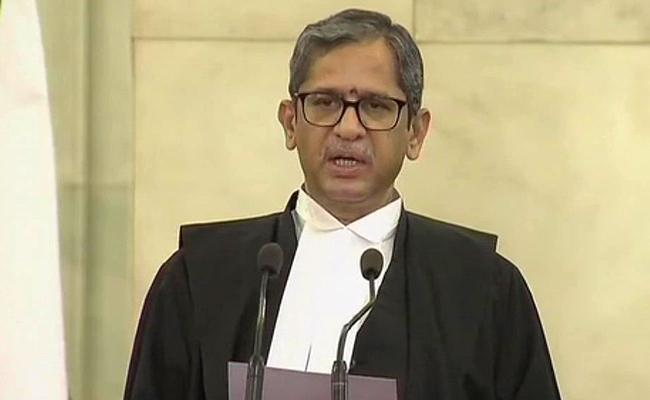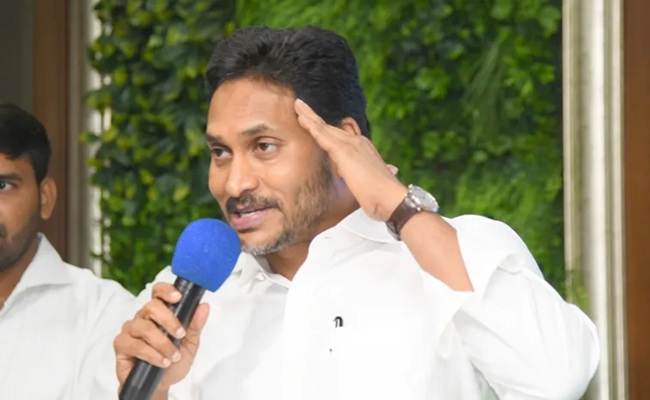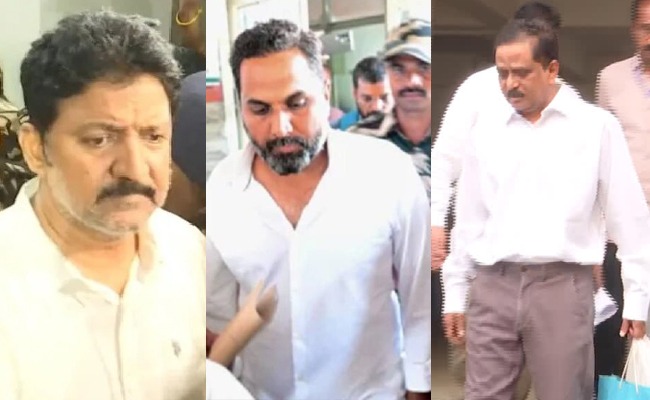
A section of media has gone overboard to shower encomiums on former chief justice of India N V Ramana, who stepped down from the office after attaining age of superannuation on Friday.
They carried huge articles on Saturday on Ramana, his judgements and his bold statements, besides his efforts to strengthen the judiciary system in the country by appointing a big number of judges in the state high courts during his tenure.
But there are some other sections who are not very happy with Ramana’s tenure. According to a popular website which fights for freedom of expression, many petitioners and lawyers have expressed the feeling that Ramana’s tenure was a disappointment and offered little hope.
The digital journal, quoting a few petitioners and lawyers, said Justice Ramana had delivered quite a few excellent lecturers on various issues such as judicial review of legislative and executive actions, but when it came to delivering justice, he simply evaded hearings.
It pointed out that during Ramana’s time as CJI, the Supreme Court did not exercise the power of judicial review in as many as 53 cases requiring a constitution bench, which comprises five or more judges and deliberates on cases of constitutional significance and any other important cases.
There was no progress in these cases in Ramana’s Court, much like in his predecessors’ courts. The most important of these cases include:
— the abrogation of Article 370 in Jammu and Kashmir (pending for 1,115 days)
— a challenge to electoral bonds for being opaque and encouraging murky political funding (1,816 days)
— a Karnataka government ban on the hijab for Muslim students in government educational institutions (159 days)
— a Union government reservation policy based only on economic criteria and not caste factors (1,323 days)
— a challenge to the Unlawful Activities Prevention Act (UAPA), 1967, widely criticised as a tool to quell dissent (1105 days)
— a challenge to the Citizenship Amendment Act, 2019 which provides fast track citizenship to only non-Muslims from three neighbouring countries (987 days)
As “master of the roster”, the CJI is empowered to constitute such benches, including constitution benches, decide cases they will hear, and assign cases to specific benches. But the CJI did not do that.
On 22 August 2022, four days before his retirement, Ramana said he had constituted a five-judge constitution bench to hear a legal dispute that reached the Supreme Court in 2018 between the Delhi government and the union government over control over administrative services in the national capital. Hearings have not yet started.
So, by and large, Ramana had more talk and less work, say experts.













